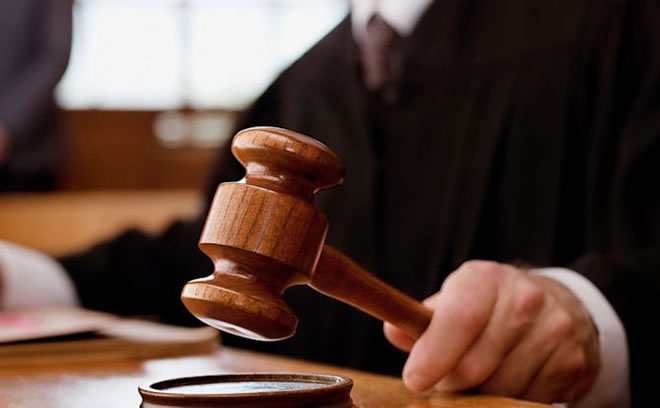
Saturday, March 5, 2016

The London Commercial Court has dismissed the allegations made by the Republic of Djibouti that the former head of its port authority was bribed by DP World and negotiated secret shareholdings over the construction and development of a port and freezone complex at Doraleh.
The country’s government accused Abdourahman Boreh of having accepted bribes by DP World to give the operator “soft terms” in the agreements to operate the US$400m Doraleh Container Terminal (DCT), which was opened in 2008.
The Republic of Djibouti claimed damages against him for the loss suffered because they alleged the terms of the DCT agreements were less advantageous that they should have been.
DP World and the Djiboutian Government established a joint venture in 2006 to invest in DCT, with the signing of a 30-year concession to operate it.
Paragraph 17 of the judgment read that Djibouti claimed the less advantageous terms were negotiated “in return for bribes or the promises of bribes”, as for instance “in the form of a shareholding in the joint venture company”.
Additionally, the government claimed “payments under various Consultancy Agreements with another of his [Boher’s] companies S Flame” were in effect “sham agreements designed to disguise the true nature of the payments as bribes”.
According to local media, Boreh admitted to the High Court of London in November 2015 that the payments from DP World were made to his offshore company, S Flame, but denied they were a bribe.
The money was reportedly transferred to the business’s account in Switzerland, where the authorities surrendered documents to Djibouti.
Boreh’s legal representatives said in a statement that the court “rejected all of the Claimants’ allegations of bribery and corruption, finding that Mr Boreh was ‘justly proud’ of what he had achieved for his country, and was ‘not a man who would take bribes to sell his country short’”.
According to the statement, the court ordered the Republic of Djibouti “to pay £9.3m (US$13m) on account towards the defendants’ costs of the proceedings, and to pay costs on the indemnity basis, with further consequential matters to be resolved at a later date”.
Additionally, the statement added that all of the claimants’ witnesses were found to have been “unreliable”, with some, including the country’s President Ismail Omar Guelleh, former close friend and associate of Boreh, found to have given “untruthful evidence” to the court.
Boreh’s legal representatives said: “The court “regarded the Republic as having pursued ‘a scattergun approach against Mr Boreh of throwing as much mud as it could in the hope that something would stick, even though many of the matters were not ones in respect of which the Republic could have had a legitimate or sustainable claim’.
“It also found that the proceedings formed part of a politically motivated campaign against Mr Boreh, orchestrated by the Government of Djibouti and by the President personally.”
In a statement published in response to the ruling, DP World said that it was pleased that the court rejected the allegations made against Boreh “and indirectly DP World”.
The operator added that it remained “disappointed” that the “government [Djibouti] commenced these proceedings and its arbitration against DP World, which is based on essentially the same charges the court has now rejected”.